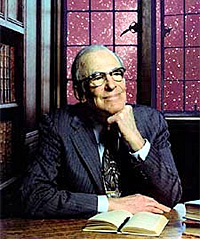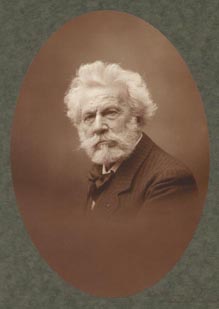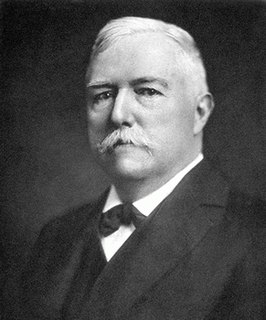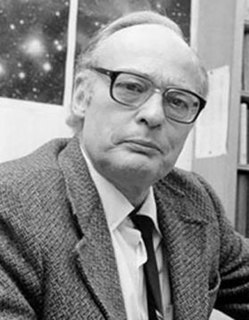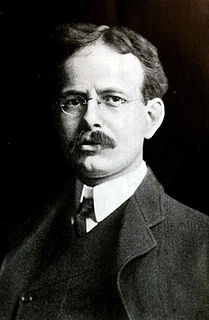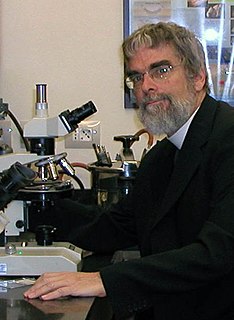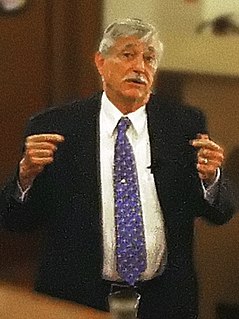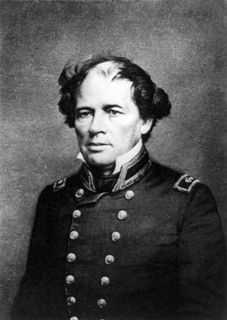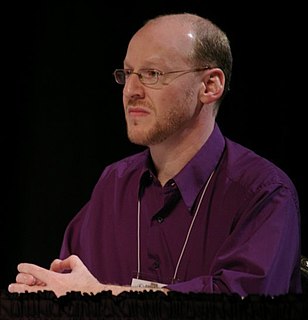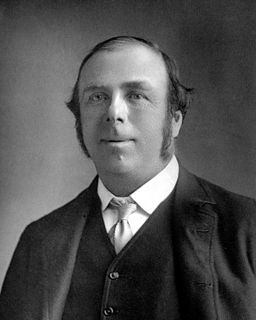A Quote by Lyman Spitzer
Astronomy may be revolutionized more than any other field of science by observations from above the atmosphere. Study of the planets, the Sun, the stars, and the rarified matter in space should all be profoundly influenced by measurements from balloons, rockets, probes and satellites. ... In a new adventure of discovery no one can foretell what will be found, and it is probably safe to predict that the most important new discovery that will be made with flying telescopes will be quite unexpected and unforeseen.
Quote Topics
Above
Adventure
Any
Astronomy
Atmosphere
Balloons
Discovery
Field
Flying
Found
Important
Influenced
Made
Matter
May
Measurements
More
Most
New
New Adventure
Observations
Other
Planets
Predict
Profoundly
Quite
Rockets
Safe
Satellites
Science
Should
Space
Stars
Study
Sun
Telescopes
Than
The Most Important
Unexpected
Unforeseen
Will
Related Quotes
Do not expect to be hailed as a hero when you make your great discovery. More likely you will be a ratbag-maybe failed by your examiners. Your statistics, or your observations, or your literature study, or your something else will be patently deficient. Do not doubt that in our enlightened age the really important advances are and will be rejected more often than acclaimed. Nor should we doubt that in our own professional lifetime we too will repudiate with like pontifical finality the most significant insight ever to reach our desk.
Human history's the most funny and yet the most tragic discovery will be the discovery of the religious people that all religions are man-made! And this childish discovery will enable the pious to make an intellectual jump in upwards direction. The devout will turn into a progressive man and the history will flow faster in the progressive direction.
As long as mankind is made up of independent individuals with free will, there cannot be any social status quo. Men will develop new urges, and these will give rise to new problems, which will require ever new solutions. Human life implies adventure, and there is no adventure without struggles and dangers.
While, on the one hand, the end of scientific investigation is the discovery of laws, on the other, science will have reached its highest goal when it shall have reduced ultimate laws to one or two, the necessity of which lies outside the sphere of our cognition. These ultimate laws-in the domain of physical science at least-will be the dynamical laws of the relations of matter to number, space, and time. The ultimate data will be number, matter, space, and time themselves. When these relations shall be known, all physical phenomena will be a branch of pure mathematics.
I love to revel in philosophical matters-especially astronomy. I study astronomy more than any other foolishness there is. I am a perfect slave to it. I am at it all the time. I have got more smoked glass than clothes. I am as familiar with the stars as the comets are. I know all the facts and figures and have all the knowledge there is concerning them. I yelp astronomy like a sun-dog, and paw the constellations like Ursa Major.
It will be possible in a few more years to build radio controlled rockets which can be steered into such orbits beyond the limits of the atmosphere and left to broadcast scientific information back to the Earth. A little later, manned rockets will be able to make similar flights with sufficient excess power to break the orbit and return to Earth. (1945) [Predicting communications satellites.]
